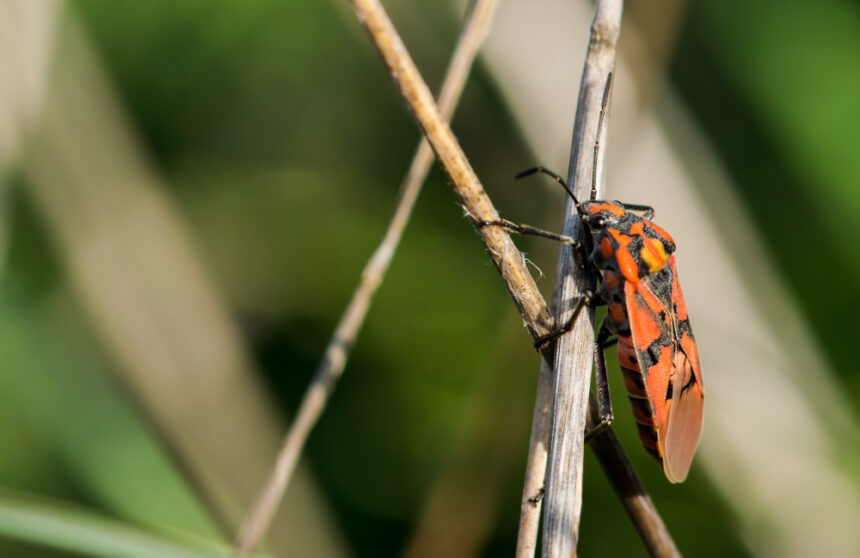Changes in climatic barriers and global temperature fluctuations are altering ecosystems, and for insects, such a factor is steadily becoming a potential issue.
These seemingly insignificant smaller species are being threatened in ways that are now known to have significant impacts upon the global human population. Here is more about the effects of climate change on insects and its implications.
The Role of Insects in Ecosystems
Insights are beneficial members of an ecosystem as pollinators, recyclers and as food resources for other members of the ecosystems. These are crucial to the general health of plant species and, in extension, the animal species that depend on these flora for food.
For example, bees and butterflies are their major pollinators of crops and wild flowers that are important to human beings. Without them, it is possible to see a significant decrease in the production of fruits, vegetables, and nuts, which are essential food products and also help in maintaining the variety of plants in the world.
The Impact of Rising Temperatures
It is well evident nowadays that with the increasing world temperatures, most of the insects are finding it very hard to survive. The increase in temperatures in various degrees can thus impact the lives of insects through changes in their development, reproductive rate, and mortality.
For instance, it is possible that some insects get more frequent and severe pest outbreaks than before due to prolonged and warmer winters that lead to longer reproductive cycles among pests. This can result in increased losses to crops and more usage of pesticides, which is detrimental to the insects and the environment as well.
Changing Habitats and Food Sources
Extreme conditions are affecting habitats and diet of insects. In response to weather changes such as temperatures, changes in climate hence have an outcome in affecting the mobility of numerous insects to other regions.
The results are often the extinction of native species, which are forced to share their habitat with foreign organisms, infringement, and even destruction of previously existing equilibriums. For instance, if some of the insect species shifts to higher altitudes or latitudes, then they will come across new predators or competitors, hence increasing the pressure on their population.
Furthermore, the variations in plant phenology result into a transformation of the timing of flowering times and therefore the timing of insect’s life cycle food. It might lead to reduced survival and less population overall; it will affect the food chain with negative consequences.
Consequences for Humans
Climate change has negative impacts on the eating habits of insects and the decrease of populations of these insects threatens the lives of human beings. Other than effects that directly affect agriculture and foods security, effects of the loss of insects will affect other systems in the ecosystem and human health. For instance, reduced pollination means poor production of crops and ultimately expensive food.
In addition, other insects that feed on dead bodies and contribute to nutrient cycling, composting and maintenance of the health of the soil and growth of plants will also be lost.
Insect decline also has effects on matters of biodiversity. Almost all flying animals, such as birds, as well as amphibians and other small mammals, have insects as their staple diet. Degradation of insect populations can thus mean declines of such species and additional perturbation of ecosystems.
The Path Forward
The following are the measures that stakeholders need to take in order to establish the ways by which climate change is threatening insects. Measures for preventing climate change through lowering the emissions of greenhouse gases are very essential.
Furthermore, efforts should be made on the preservation of nature reserves and recolonization of natural habitats in order to base the adaptation of insect to the different conditions.
This also emphasises the need for entomologists to conduct more studies in protecting insects and developing more strategies to ensure insects’ survival. That way, the specialists can pinpoint the species most in danger and determine why they need protection or why they can easily end up extinct to conserve these important animals.
People’s knowledge and understanding of insects and climate change on the insects can also foster community participation towards the protection of the insects and the environment.
Consequently, climate change poses a severe threat to insects, which will have decisive consequences for other species and human civilization. Understanding the correlation between these challenges and acting accordingly will empower us to create a world that will be sustainable for people and all the other living beings.
ASH CK

